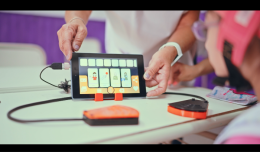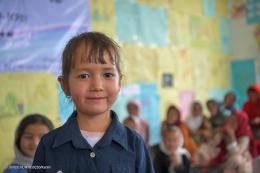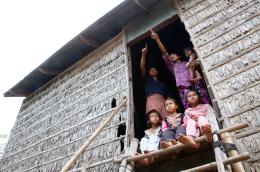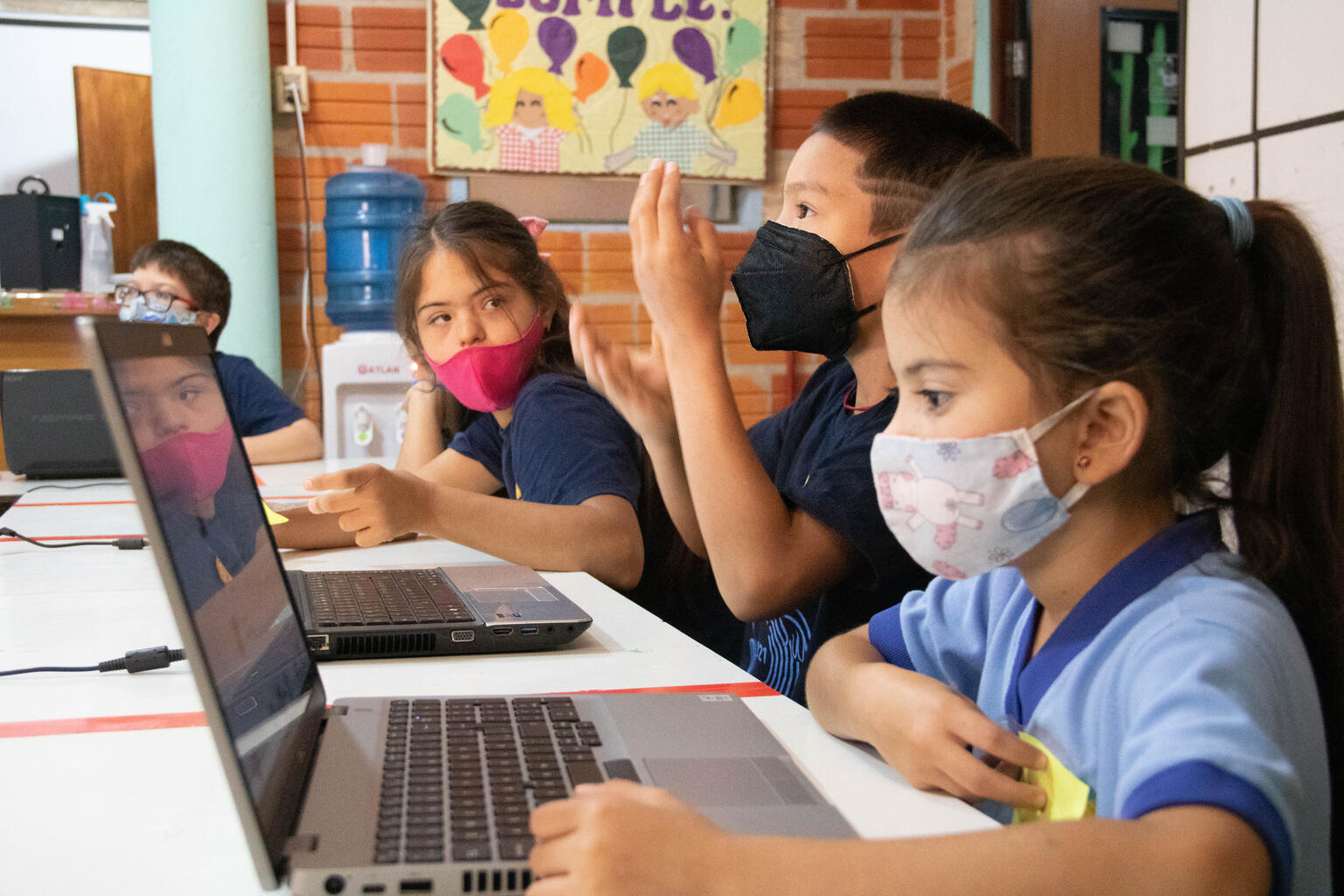What social issue/ impact area does your solution aim to solve?
Education is the most effective tool to change the world. But what happens in instances of low or limited connectivity?
The main challenge that we aim to address is to predict connectivity in Brazilian schools as well as understand its impact on employability in the administrative regions where schools are located. Jobzi seeks to improve the employability scenario in Brazil with insights from the job and education market. The UNICEF Venture Fund will help us to build a better understanding of our scenario, engaging more entities in our cause.
Why use AI/data science? What’s promising about this technology?
By using data science techniques, we collect and deduplicate a lot of information from different sources (for instance, job posts). Deduplication is a non-trivial task so that modern techniques are required to understand and extract information from data in a highly scalable way.
What is unique about your solution and how is it different from what currently exists?
Our solution uses machine learning (ML), particularly natural language processing, to extract and standardize relevant and common data fields and entries (e.g. job descriptions as job titles).
We also use ML to build explainable models to predict connectivity at schools. To find the model(s) that will be implemented in our service we will invest in feature selection/engineering and we also carry out experiments with a number of possibilities ranging from classical models (learners) as decision trees and SVM's to more recent ones, including gradient boosting methods and deep learning.
Why does being Open Source make your solution better?
We believe that open-source solutions can be used and adapted in many regions by communities. Developers, experts, enterprises, entrepreneurs, and entities could be a part of what we are building by bringing new data inputs and applications to our technology.
How did you come up with your solution and what inspired you to form your company?
Brazil faces many challenges in education as well as differences in connectivity between the regions. Technology can minimize disparities in access to quality education among regions and create new and better opportunities for young people by improving digital access. We are building a model that predicts connectivity associated with employability to alert governments that people could have their lives changed by education and connectivity.
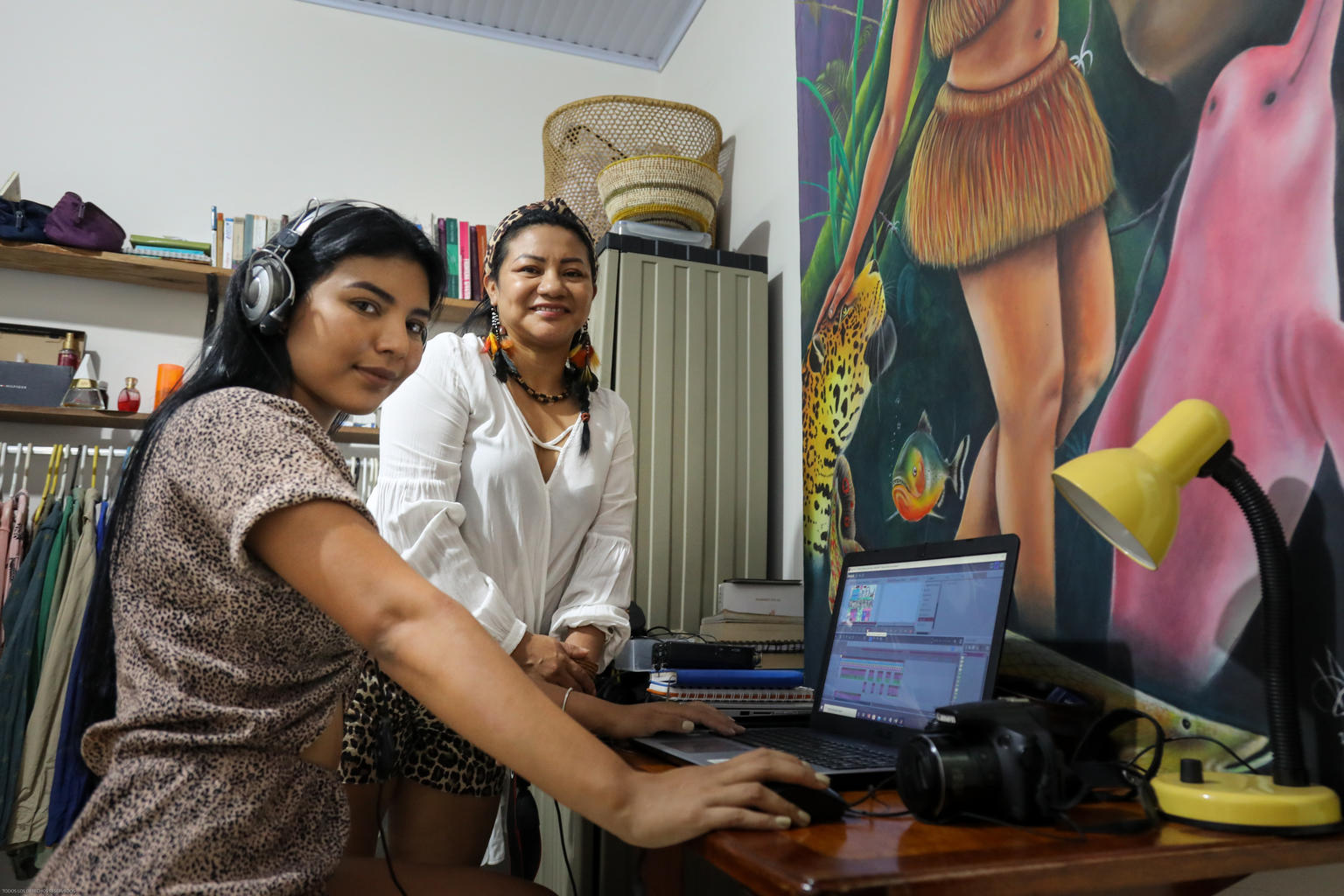
Tell us more about your team. What makes your team diverse?
We are a team of ten highly qualified and passionate members with Ph.D. and MBA degrees from six different states of Brazil. The majority are developers and data scientists that are deeply engaged with our purpose to improve employability by maximizing education outcomes with social and economic impacts.
Why is diversity important for your startup? How does it add value?
Diversity brings new and different perspectives to all that we do. Understanding new perspectives adds more value to our decisions and solutions.
What do you plan on doing with UNICEF’s Venture Fund investment and how will you use that to leverage raising follow-on investment?
Through working with UNICEF, we can expand our business internationally, thinking of new ways to make a greater impact on society. This opportunity also gives us access to a global partnership ecosystem to leverage our solutions and bring more expertise to our team with the UNICEF mentoring programs.
What challenges are you currently facing in building your solution and/or startup?
Providing access to education for young people is the key to sustaining growth by providing them with better opportunities. Connectivity is likely to be the key resource to promote access to information for those people and may be the only way to improve their employability.
We also are facing challenges related to determining our open-source model, particularly understanding better the policies and licensing options. We are working through this with UNICEF mentorship now.
How can others support you in working towards overcoming these challenges?
Our base model will be developed using Brazilian data and information, but after proving our model, we will look to conduct similar work in other countries; therefore, we invite potential partner countries to reach out to start conversations around how we can add value to insights into the social impacts of connectivity. We are looking for country partners willing to share data and conduct pilots. Finally, we are always open to mentorships and expertise to help us in building, testing, and scaling our solution.
Jobzi company profile here.
Related Stories

AGUA: Revolutionizing Global Collaboration for Funding Transparency (with Growth Graduate Atix Labs)
